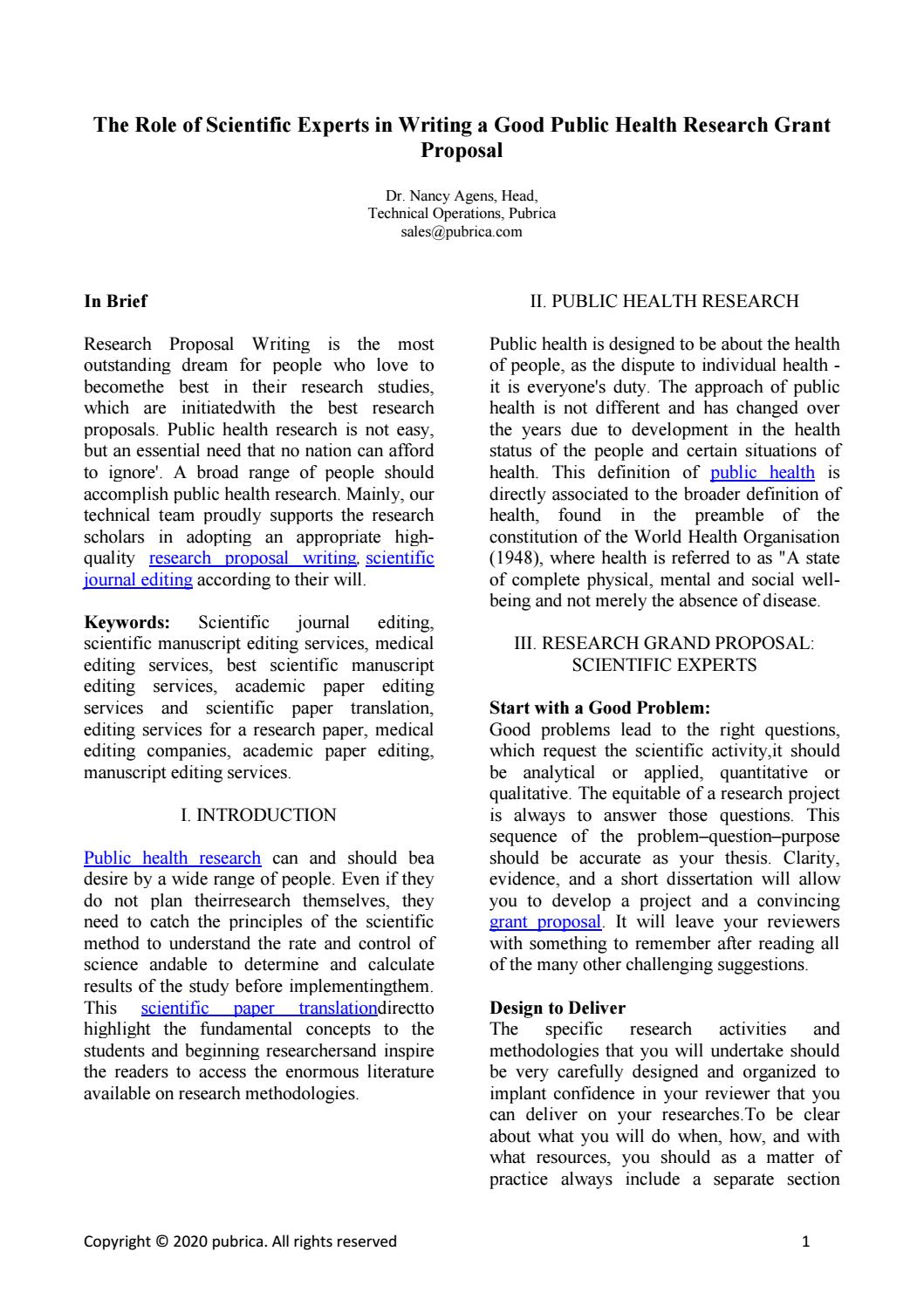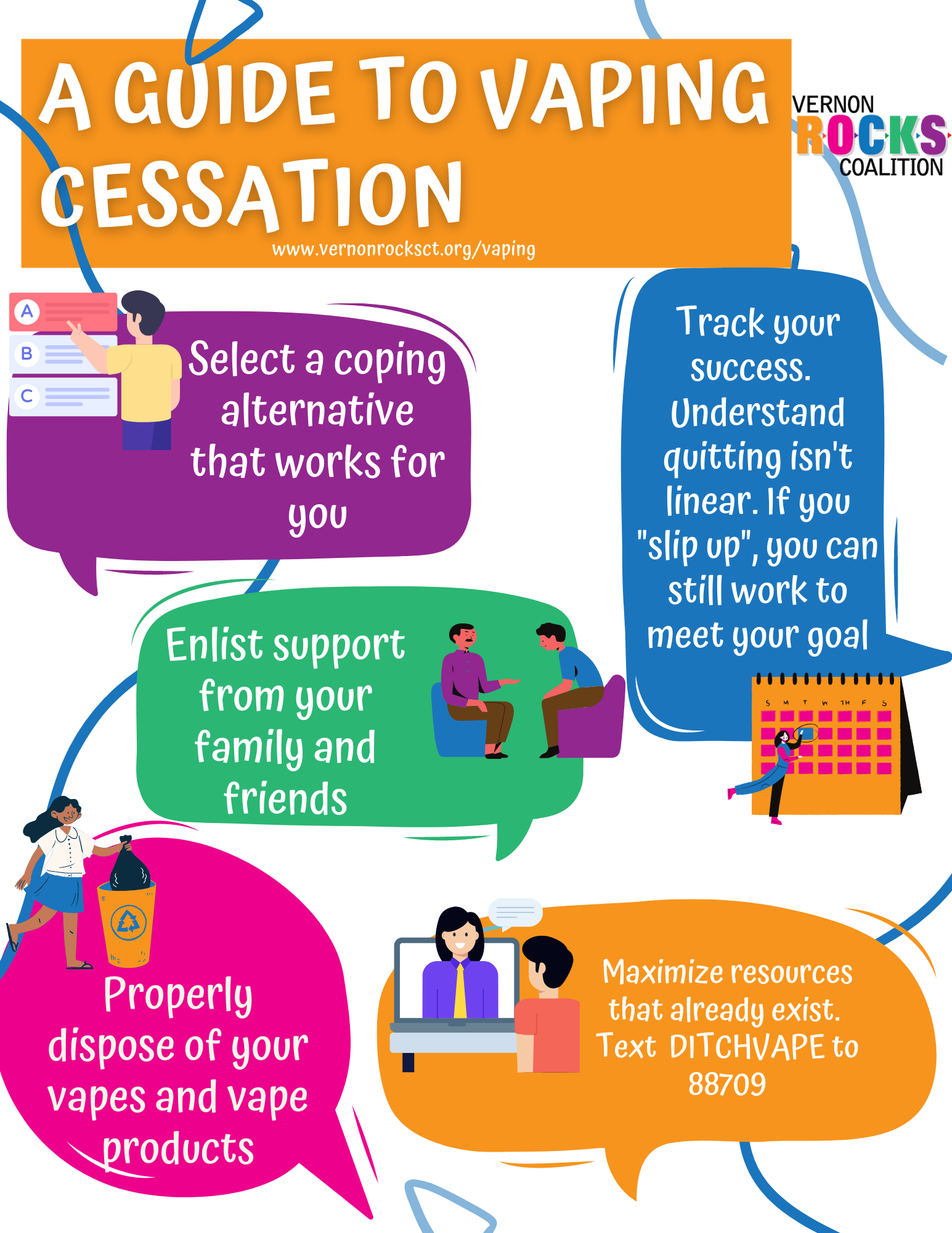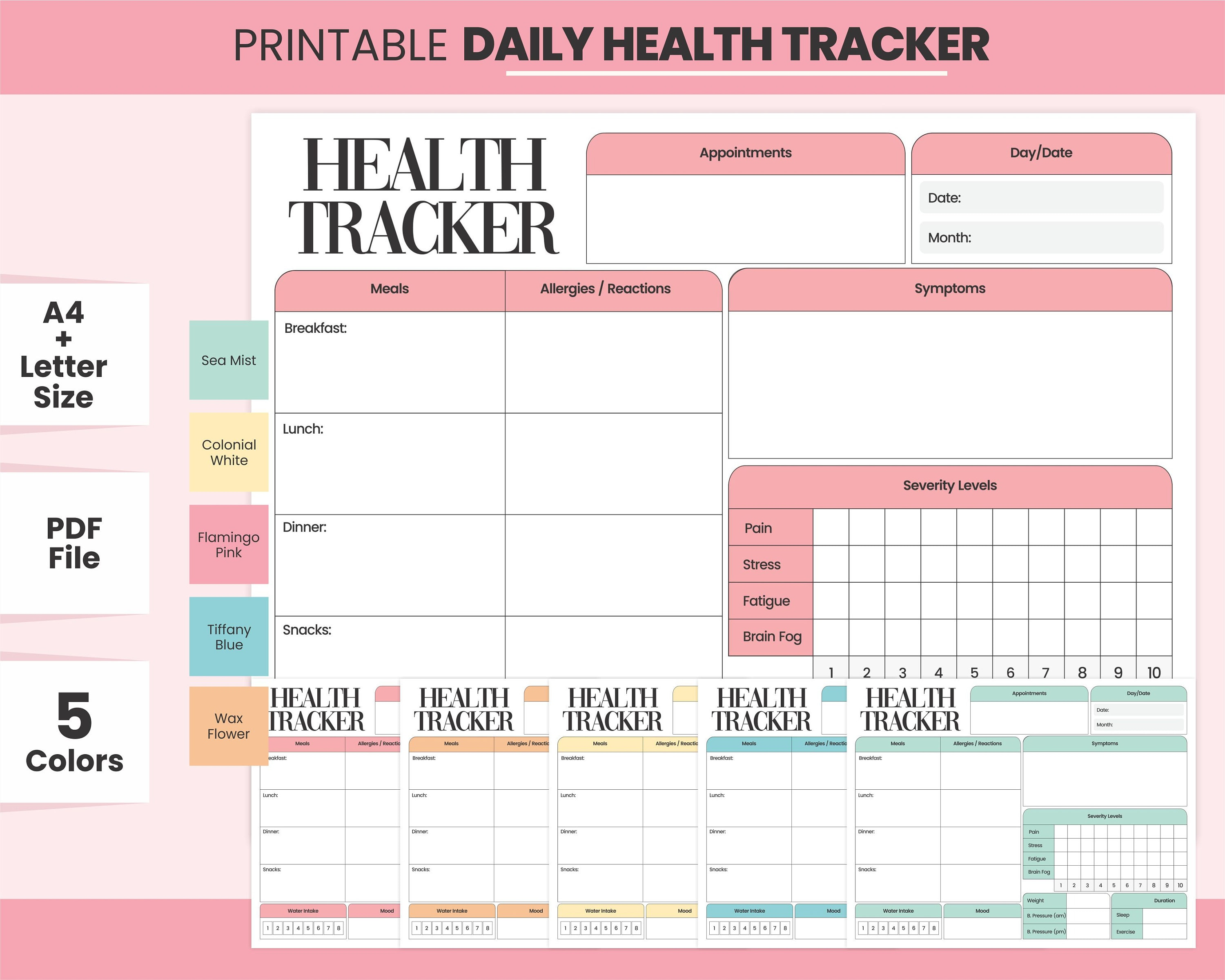
Public Health Research Grants: Securing Funding for Impact
Public health research grants play a crucial role in advancing scientific understanding and tackling pressing health challenges. These grants, often funded by agencies like the NIH, support a wide range of studies, from cancer research funding to nutrition research, fostering innovation that can lead to life-saving interventions. For researchers like Karen Emmons at Harvard public health, securing a grant is not just a financial boost; it represents a commitment to making a difference in communities. However, navigating the NIH grant application process can be complex, involving rigorous peer review and adherence to stringent guidelines. As funding landscapes evolve, the continuous support for public health research grants becomes vital in addressing the health disparities that persist in society.
Federal funding for health studies is essential for propelling research initiatives that aim to improve population health. Grants directed towards public wellness research empower scientists to pursue groundbreaking inquiries into issues such as nutrition and cancer prevention. The application process for these funds, particularly the NIH applications, demands meticulous planning and community engagement. Accordingly, the scientific review process serves as a critical filter, ensuring that only the most impactful proposals receive the necessary financial backing. As public health challenges grow in complexity, the significance of these research grants remains paramount, enabling researchers to contribute significantly to societal well-being.
The Importance of Public Health Research Grants
Public health research grants are a cornerstone of advancing science that directly impacts societal health. For researchers like Karen Emmons and Jorge Chavarro, receiving these grants paves the way for groundbreaking studies that address critical health issues, such as cancer risk and nutrition’s role in reproduction. The process of applying for federal grants, including those from the NIH, is integral to elevating public health discourse and fostering innovative research ideas. With increasing competition for funding, the emphasis is on creating meticulous, evidence-backed applications that demonstrate the potential for significant public health impact.
As Emmons reflects on her long career, she emphasizes the intrinsic motivation behind securing these grants: the opportunity to make a difference in people’s lives. The notion that a successful grant application translates into actionable research is a compelling reason for scientists to endure the extensive application process. Consequently, public health researchers leverage their expertise and collaboration with community partners to demonstrate the relevance of their work, ultimately seeking not just funding, but the ability to implement meaningful public health interventions.
Navigating the NIH Grant Application Process
The NIH grant application process is renowned for being both rigorous and comprehensive, requiring researchers to navigate several critical stages. From developing a clear research hypothesis to detailing methodologies and preliminary results, the application must reflect a thorough understanding of the field and current research trends. As noted by Chavarro, the framework of the NIH ensures each proposal undergoes a fair and comprehensive review process, which heightens the quality of funded research. The meticulous nature of the NIH’s scientific review process not only evaluates the innovation and significance of the proposed study but also ensures that it addresses a genuine gap in existing literature.
Moreover, a successful NIH application often necessitates that researchers like Emmons engage in extensive preparatory work prior to submission. This preparation involves assembling data, building supportive community partnerships, and remaining attuned to advancements in related fields like cancer research funding and nutrition studies. By compiling this information into a structured application, researchers maximize their chances of approval, making their contributions to public health both meaningful and statistically relevant.
Challenges and Opportunities in Cancer Research Funding
Cancer research funding has experienced increasing competition and challenge over the years, as seen through the lens of researchers like Emmons, who focus on reducing cancer risk in underserved communities. The funding landscape is influenced by political climates and institutional decisions, such as those affecting Harvard, which can lead to temporary freezes in grants. Such interruptions not only stall essential cancer research projects but also hinder the advancement of innovative strategies for prevention and treatment, underscoring the fragility of funding in this field.
Despite these hurdles, opportunities still abound for researchers willing to adapt and innovate. By forging strong alliances with community partners and staying abreast of funding trends, they can identify new potential sources of funding outside traditional avenues. Moreover, the emphasis on evidence-based research propels researchers to enhance the quality of their projects, ultimately leading to greater societal impacts. This dynamic landscape encourages researchers not only to commit to their projects but also to find creative solutions in the face of limited resources.
The Role of Scientific Review Groups in Grant Evaluation
Once grant applications are submitted, they undergo evaluation by Scientific Review Groups comprised of volunteer scientists who rigorously assess the merit of the proposal. This review process is pivotal in determining which projects receive funding, as each submission is scored based on factors such as innovation, significance, and quality of methodology. The structured approach ensures that only the most promising projects—those deemed likely to make a meaningful impact on public health—are chosen for funding.
Both Emmons and Chavarro emphasize that involvement in this review process provides valuable insights into what makes a grant application stand out. Understanding the criteria used during evaluations enables researchers to tailor their applications accordingly, improving their chances of success. The collaborative spirit of the scientific community is manifested in this peer-review system, reinforcing the notion that rigorous scientific evaluation is necessary for advancing public health.
Building Relationships to Enhance Research Success
Building relationships within the academic community and the broader public health landscape is essential for researchers aiming to secure public health research grants. According to Emmons, forming partnerships with community organizations can inform research priorities and ensure that studies are both relevant and beneficial to those most impacted. These collaborative efforts enhance the application process by directly showing how the proposed study aligns with community needs and priorities, thereby making a stronger case for funding.
Additionally, networking with fellow researchers and maintaining an active presence in relevant conferences and workshops helps scientists stay current with emerging trends and funding opportunities in fields like cancer research and nutrition studies. These connections can often result in fruitful collaborations that not only strengthen grant applications but also contribute to richer, more varied research, further enhancing the quality and impact of public health initiatives.
The Necessity of Ethical Considerations in Research
Considering ethical implications is paramount in public health research, particularly for studies involving human participants. As Emmons notes, researchers must adhere to strict regulatory requirements that protect the rights and welfare of participants. This ethical oversight encompasses informed consent processes, ensuring confidentiality, and regularly monitoring studies to safeguard participants from harm. Integrating these ethical considerations into grant applications demonstrates researchers’ commitment to conducting responsible research.
Moreover, understanding the ethical landscape enhances the credibility and appeal of research proposals submitted for public health research grants. In a competitive funding environment, demonstrating a strong ethical framework can be a differentiating factor that influences decision-makers in the grant review process. As such, researchers are increasingly tasked with embedding ethical considerations into the very fabric of their studies, ensuring both compliance and respect for the communities they aim to serve.
The Future of Nutrition Research Funding
Nutrition research funding plays a critical role in shaping our understanding of dietary effects on health outcomes. Chavarro’s research on nutrition and human reproduction exemplifies the importance of securing grants that enable studies addressing modern dietary challenges. As the landscape of public health shifts, particularly regarding obesity and chronic disease prevention, well-funded nutrition research remains vital for developing effective interventions and policy recommendations.
A burgeoning interest in nutrition within public health spaces also indicates that funding opportunities may expand in the future. Collaborations between public health organizations, government agencies, and educational institutions like Harvard present fertile grounds for advancing nutrition research funding. By pushing the boundaries of current knowledge, researchers can ensure that funding remains aligned with pressing health issues, ultimately leading to a healthier population.
Resubmission Strategies for Unfunded Proposals
Navigating the realities of grant rejections is a common experience for researchers, and understanding the resubmission process is crucial for success. Both Emmons and Chavarro advocate for using feedback received from review panels to strengthen subsequent applications. This constructive criticism provides invaluable insights that can refine research proposals, addressing any weaknesses that reviewers have pinpointed. Aligning these improvements with the funding agency’s expectations can significantly enhance the likelihood of future success.
Furthermore, strategic adjustments like modifying research methodologies, redefining project scopes, or enhancing collaborations can effectively bolster proposals. Embracing a proactive approach to reapplying enables researchers to continuously refine their ideas, ultimately contributing to a more robust scientific community intent on facilitating advancements in public health. Resubmission is not merely an opportunity to try again; it’s a vital part of the iterative process of scientific inquiry.
Public-Private Partnerships in Health Research
Public-private partnerships play a significant role in health research funding, exemplifying a mutual commitment to scientific advancement. Emphasizing the partnership between government entities and institutions like Harvard, these collaborations are fundamental in addressing pressing public health challenges. By pooling resources and expertise, stakeholders can foster innovation and development in health research, aligning academic initiatives with governmental health priorities.
Moreover, the integration of public-private partnerships into research funding strategies enhances the sustainability and reach of health initiatives. Such collaborations not only provide financial resources but also facilitate knowledge transfer and resource sharing among diverse entities. This synergistic approach ultimately enriches the overall impact of public health research and broadens its scope, ensuring that studies are effectively translating into tangible health benefits for communities.
Frequently Asked Questions
What are some key strategies for securing public health research grants?
Securing public health research grants involves several strategies, including building relationships with community partners, staying updated on published research, and networking with other researchers. It is vital to identify research gaps and propose innovative ideas grounded in existing evidence. A thorough understanding of the NIH grant application process is also essential to ensure that proposals meet review standards.
How does the NIH grant application process work for public health research?
The NIH grant application process for public health research starts with submitting a one-page statement outlining specific aims. Following this, a comprehensive application must be prepared, often exceeding 100 pages, detailing methodologies, budget justifications, and previous work. Applications are then evaluated by Scientific Review Groups for innovation, significance, and methodology before being ranked for potential funding.
What challenges do researchers face in public health research grants?
Researchers face several challenges in public health research grants, such as budget constraints, increased competition, and the rigorous scientific review process. With the rising costs of conducting research, funding acquired may be insufficient, forcing researchers to be creative in budget justification. Furthermore, only a small percentage of proposals are funded, highlighting the competitive nature of NIH and other public health research grants.
How important is collaboration in obtaining public health research grants?
Collaboration is crucial in obtaining public health research grants. Engaging with community partners enhances the relevance and impact of research proposals, while networking with other researchers helps to identify unique research approaches and avoid redundancy in studies. Such collaborations can also strengthen grant applications by showcasing community engagement and interdisciplinary approaches.
What factors influence the success of public health research grant applications?
The success of public health research grant applications is influenced by factors such as the innovation of the proposed research, its significance to public health, and the methodological rigor presented. Additionally, the clarity and thoroughness of the application, the alignment with the funding agency’s mission, and responsiveness to reviewer feedback play critical roles in determining the likelihood of funding.
What role does the scientific review process play in public health research grants?
The scientific review process is essential in public health research grants as it ensures that applications are evaluated rigorously by experts in the field. Proposals are assessed based on criteria like innovation, significance, and methodology, which helps to prioritize funding for the most impactful and feasible research. This process maintains a high standard for scientific inquiry and public health advancements.
How does cancer research funding impact public health initiatives?
Cancer research funding significantly impacts public health initiatives by enabling studies that seek to reduce cancer risk, improve treatment outcomes, and provide preventive strategies. Financial support for innovative research facilitates advancements in understanding cancer biology and developing new therapies, ultimately contributing to better health outcomes and reduced healthcare costs for affected populations.
What are the typical success rates for public health research grants like the NIH R01 grant?
Success rates for public health research grants, such as the NIH R01 grant, tend to be low, reflecting the competitiveness of the funding process. For instance, the National Cancer Institute reported a success rate of only 14.6% for R01 grants in 2023. This indicates that despite comprehensive preparation and submission of applications, only a small fraction receives funding.
| Key Points |
|---|
| Significance of Public Health Research Grants: Essential for advancing science and improving public health. |
| Karen Emmons’s Contribution: Focuses on reducing cancer risk in underserved communities; values the meaningful impact of grants. |
| Challenges in Grant Application: The process is competitive and requires innovative, evidence-based proposals that adhere to strict guidelines. |
| Impact of Federal Research Funding Freeze: The Trump administration’s freeze on over $2.2 billion in research grants disrupts critical studies at Harvard. |
| Success Rates and Review Process: The National Cancer Institute had a 14.6% success rate in grant funding, highlighting the competitiveness of securing funds. |
| Long-term Commitment to Science: Emmons advocates for a partnership between universities and the government for the public good. |
Summary
Public health research grants play a pivotal role in advancing health outcomes and addressing critical health issues in society. As demonstrated by the work of researchers like Karen Emmons and Jorge Chavarro at Harvard, obtaining these grants not only facilitates innovative research but is also vital for addressing significant public health challenges, such as cancer prevention and nutrition-related health disparities. Given the increasing competitiveness and funding challenges faced by researchers, advocacy for sustained public health research grants is more important than ever to ensure continued progress in public health initiatives.


